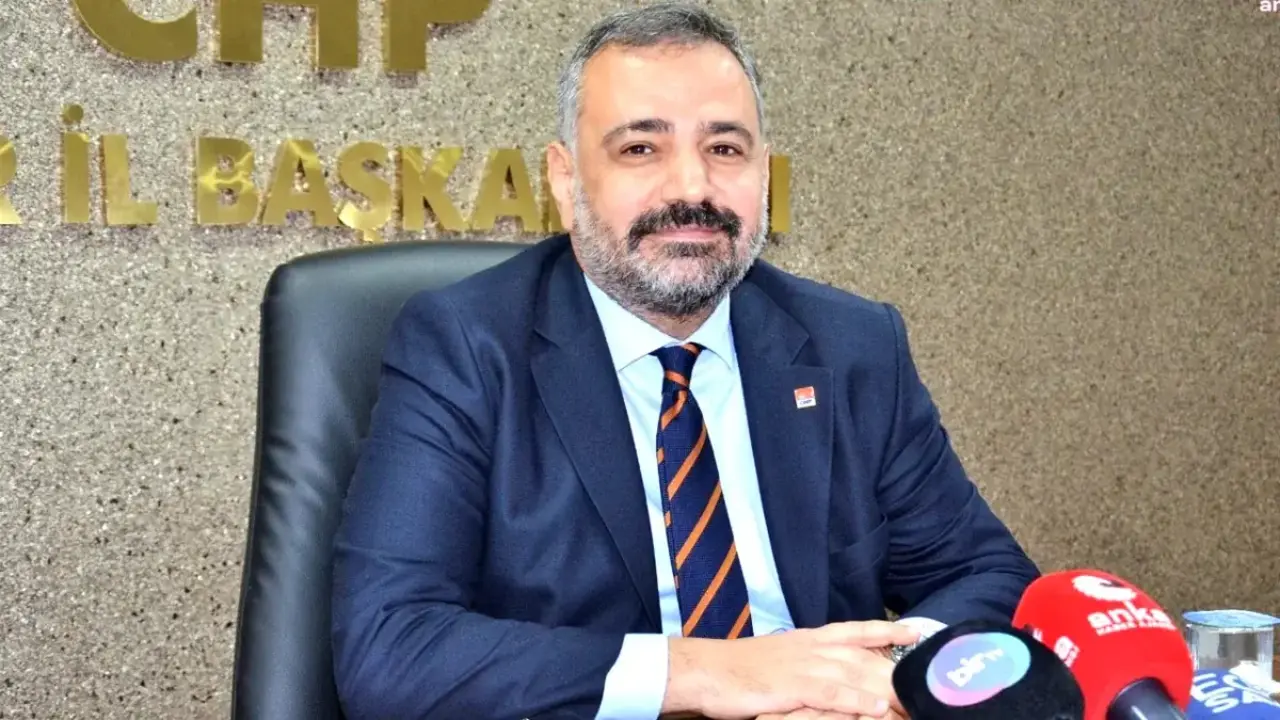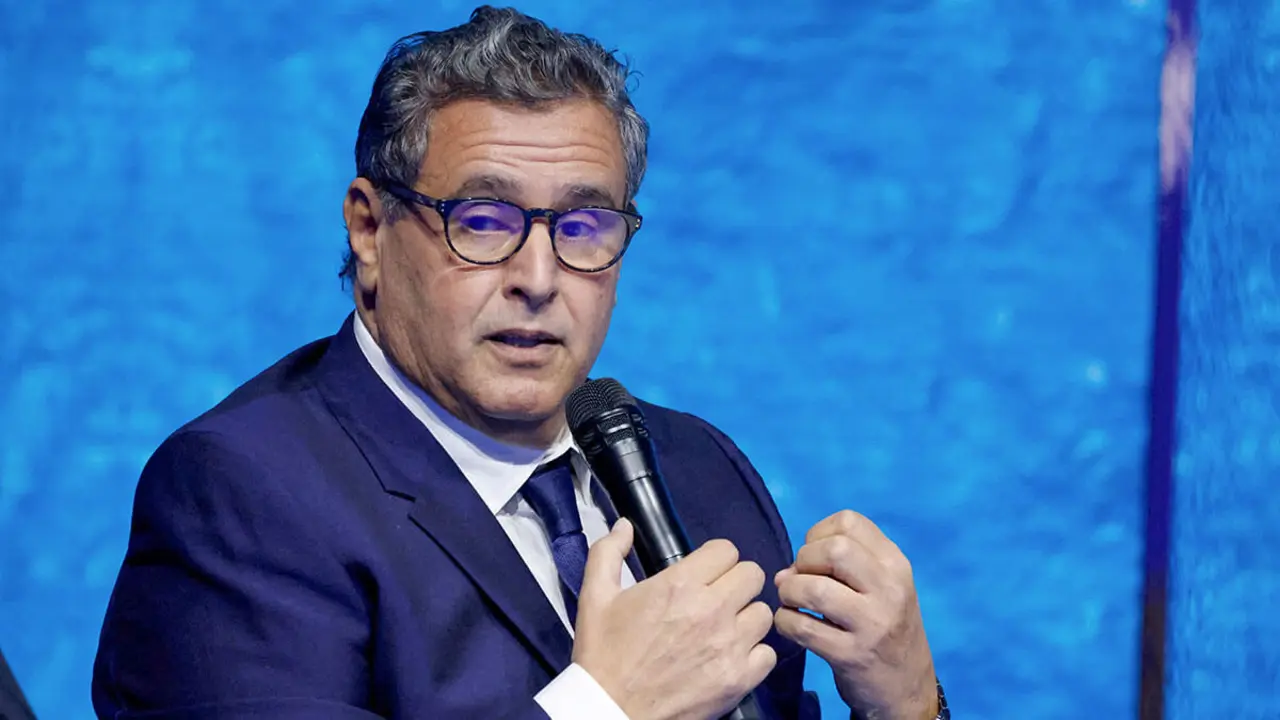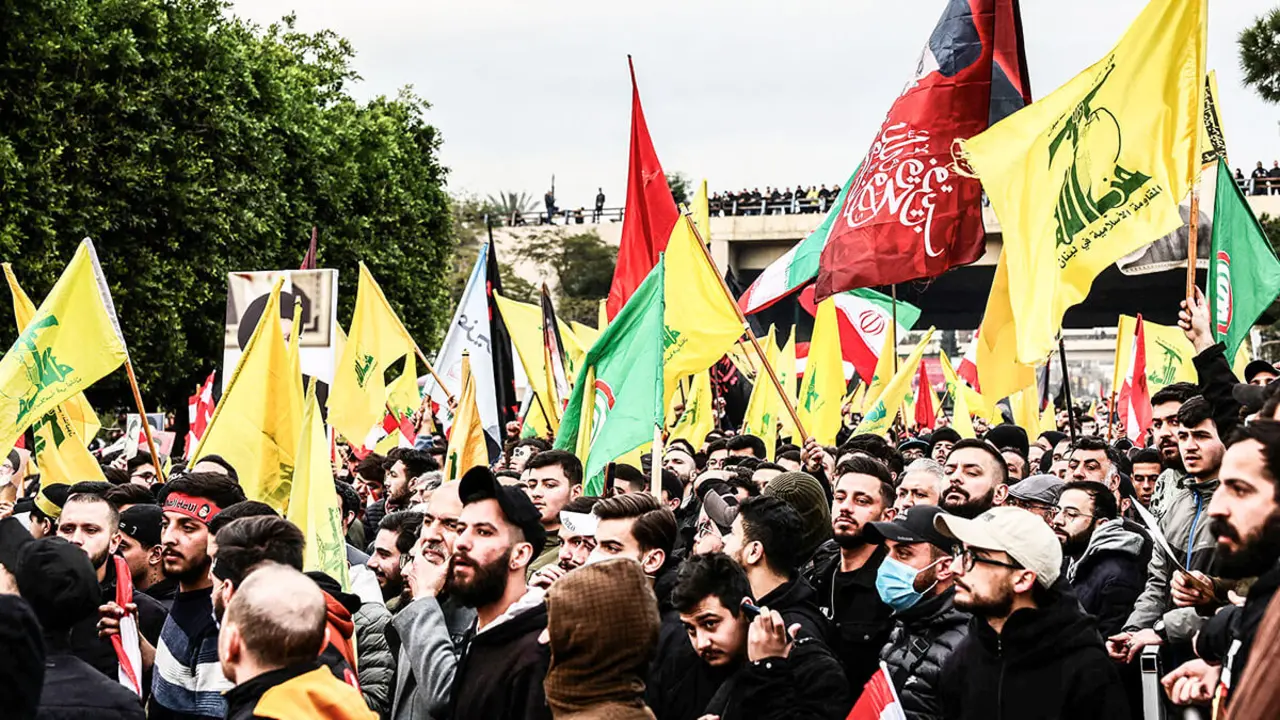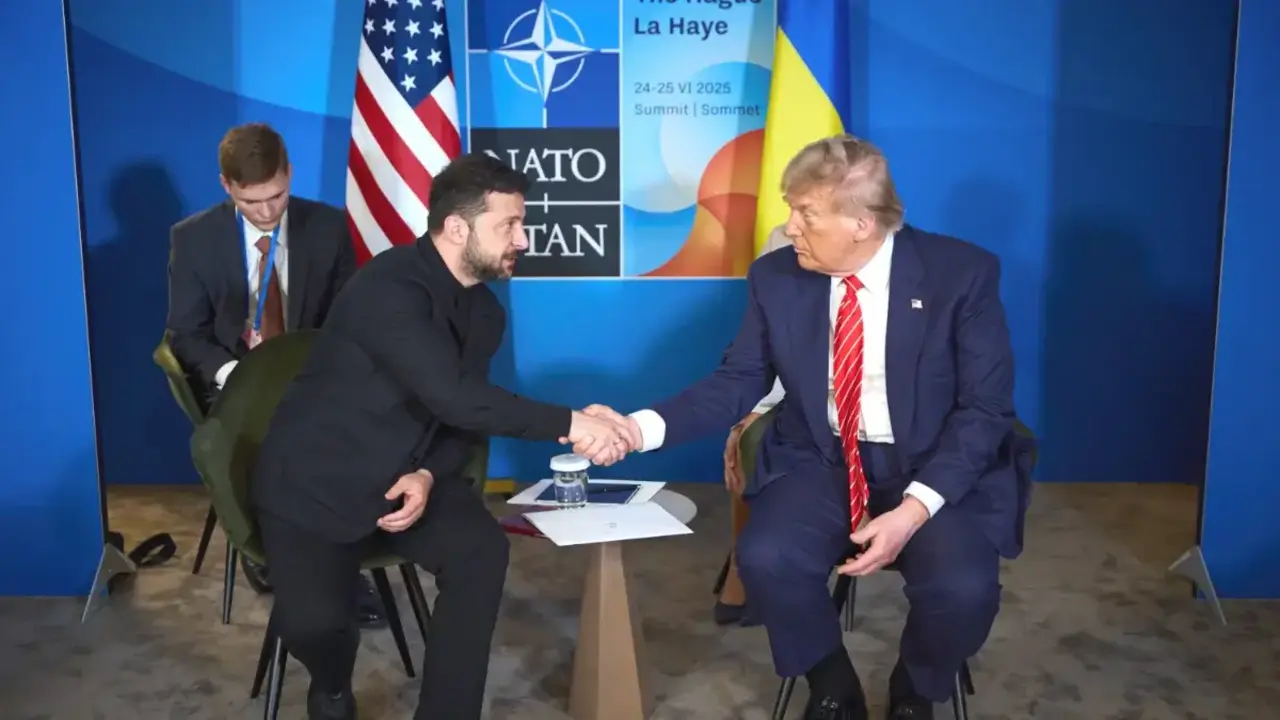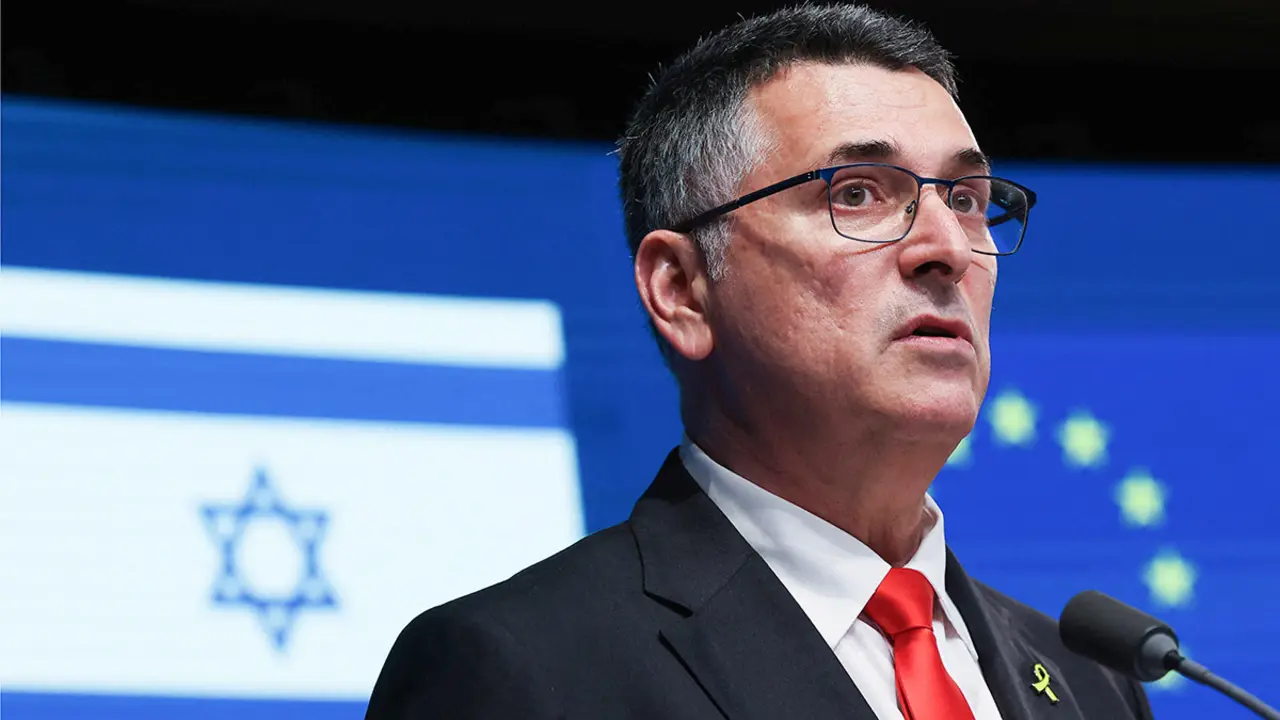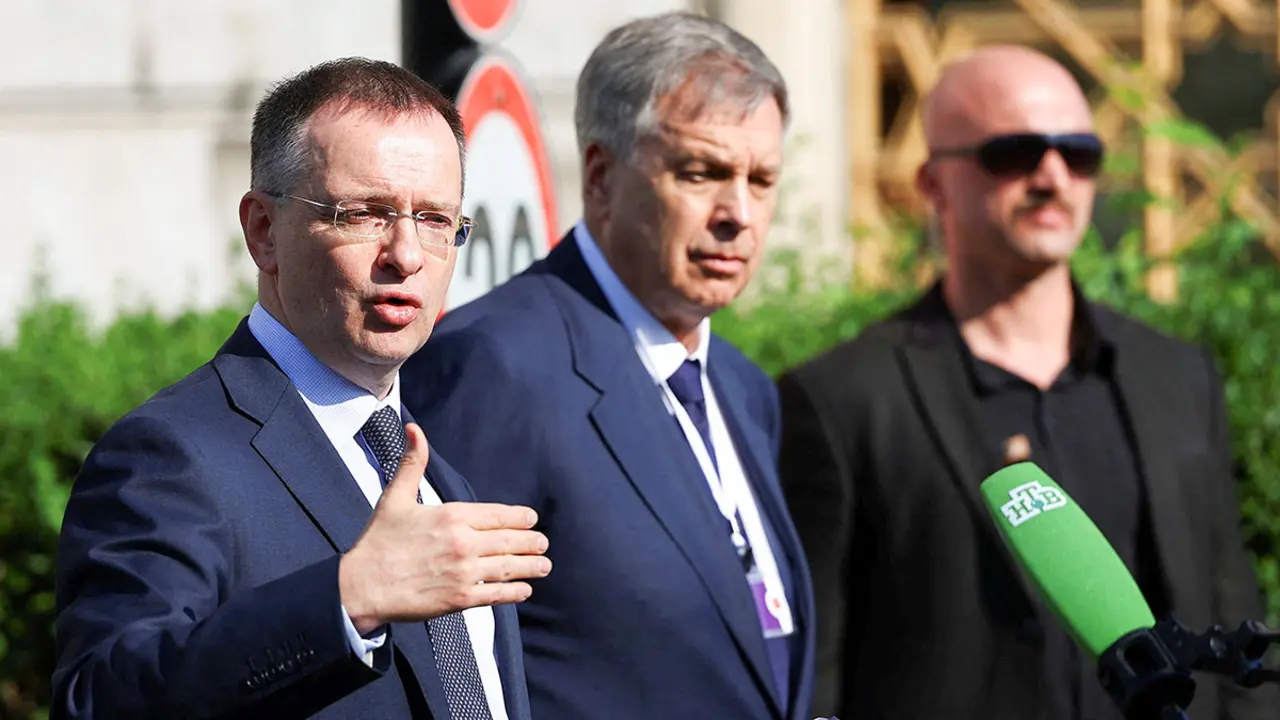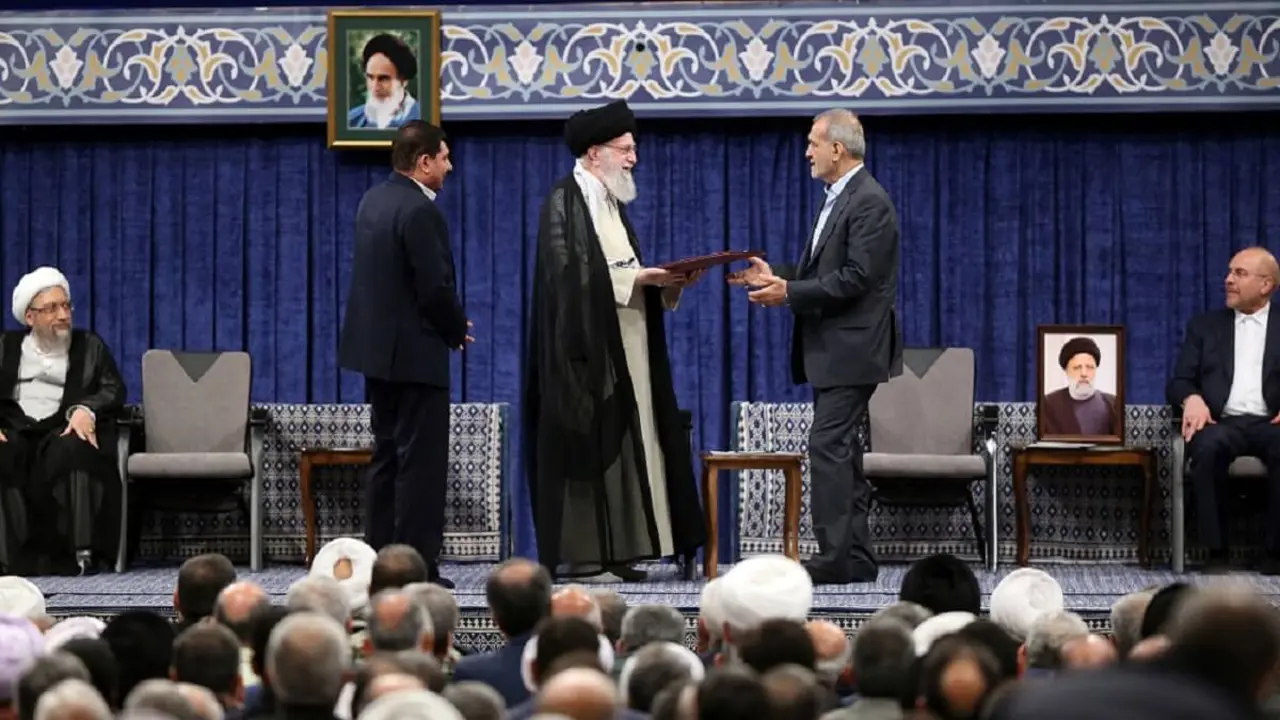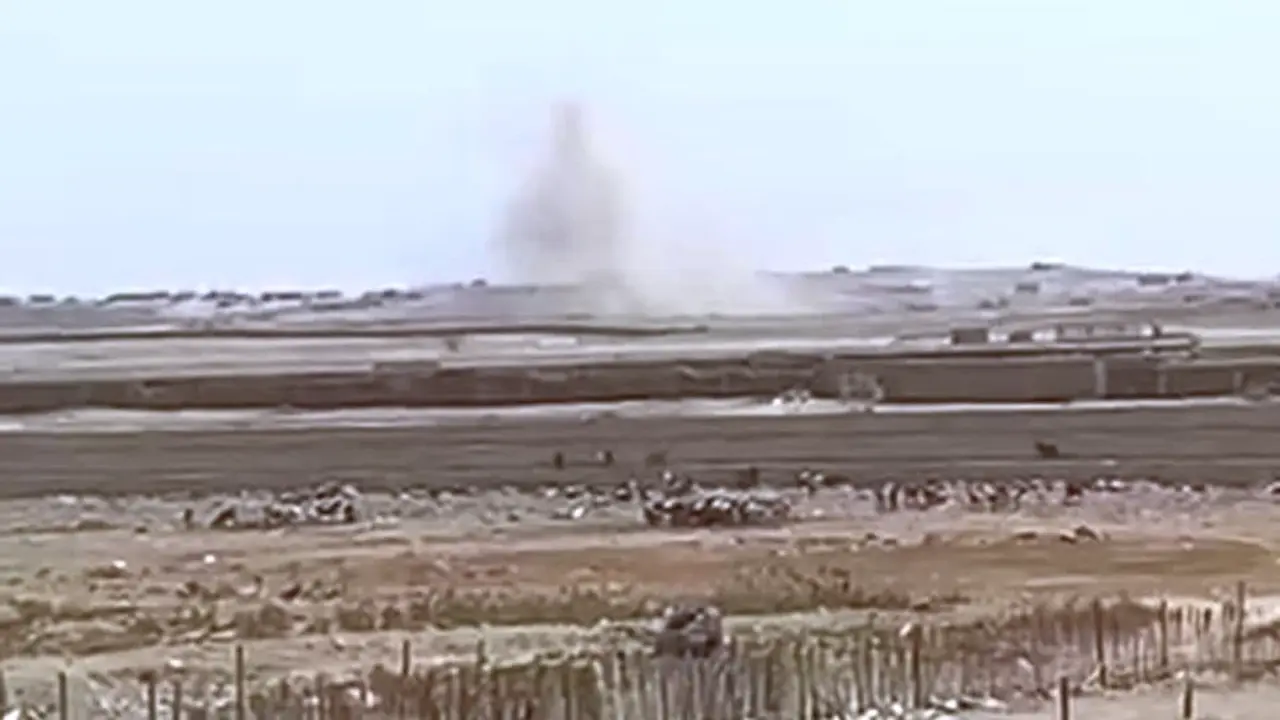Iranian military support for Houthis hinders Omani mediation in Yemen

The Sultanate of Oman stepped in as a mediator to try to bring peace to Yemen. What was a utopia seemed to be closer thanks to the Omani neighbour, which has held several meetings with representatives of the Houthi rebels to bring them closer together. However, this pacifying intention is at odds with the Iranian regime's ongoing moves. The shipment of arms from Tehran, far from ending, has continued to escalate in what is a declaration of intent on the part of the country led by Ali Khamenei.
The supply of arms is a very negative signal as far as Oman's mediation is concerned. According to observers, the frequency of arms smuggling between Iran and the Houthi militia is a sign that there is no real will to seek peace. The rebels who staged a coup in 2014 that started the war would not be willing to end it, at least at this stage of the conflict. However, observers themselves point the finger directly at Iran. They believe it is Iran that is encouraging the Houthis to continue fighting rather than advocating a peaceful solution.

To the international community, the rebels based in the Yemeni capital, Sana'a, have shown their appreciation for Oman's mediation efforts. The spokesman for the Houthi group and head of the mediation delegation, Mohammed Abdulsalam, said that "the Sultanate of Oman is making commendable efforts with the international parties to achieve security and peace in Yemen". He made the remarks following the Omani delegation's second visit to the capital in less than a month. The first, on 25 December, was described as "fruitful" by the Houthis.
But unknowns surround all actors in the conflict. Oman's real intentions is one of them. There are two possible tendencies: that the mediation is aimed at ironing out differences and renewing the truce, or that it is aligned with the latest Western moves. Even if both have a common goal, the path would not be the same. If Oman were to go it alone, it would not have international cover, especially from the United States, which has stepped up its activity in Yemen in recent weeks

On Monday, the US envoy to Yemen, Tim Lenderking, expressed his conviction that the conflict could be resolved as early as 2023. He said that "Washington is committed to finding a solution to the crisis in Yemen, despite the unclear prospects for peace", adding that this year would be an opportunity "to end the conflict once and for all". He was also keen to express the concern of President Joe Biden who, he says, is "interested in ending the conflict after more than eight years of war, which caused the collapse of the Yemeni economy and tore Yemeni society apart".

"This shipment is part of a continuing pattern of destabilising activity by Iran." Those are the words of US Vice Admiral Brad Cooper after the US Navy seized a shipment of 2,116 AK-47 rifles. According to Timothy Hawkins, spokesman for the Navy's Fifth Fleet in Bahrain, they were individually wrapped in green tarpaulins aboard a ship tracing a usual path for the shipment of Iranian weapons to Yemeni territory. "When we intercepted the ship, it was on a route historically used for trafficking illicit cargo to the Houthis in Yemen," Hawkins said.

The UN Security Council's 2015 ban on supplying arms to Houthi militias has not stopped Iran from steadily sending weapons to the rebels. Although "the direct or indirect supply, sale or transfer of arms to the Houthis violates international law", as Timothy Hawkins explains, Tehran has sent rifles, grenades and missiles, among others, by sea over the last eight years.
One does not have to go far back in time to find the previous seizure of Iranian arms destined for Yemen. Just a month ago, the US Navy itself seized a million rounds of ammunition along with rocket fuses transported on a fishing vessel from Iran to Yemen. These episodes are very frequent and always with the same protagonists, despite Iran's denials of any collaboration. What seems clear is that this trend is far from over and may take Oman's mediation efforts and Yemenis' hopes for peace with it along the way.

